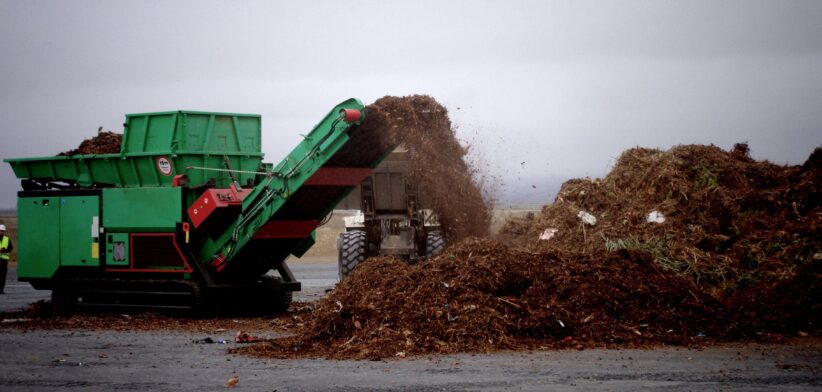New composting facilities near residential areas will need to meet extra environmental regulations.
The Queensland Government has imposed the new guidelines in response odour issues regularly reported by the Ipswich community, west of Brisbane.
State Environment Minister Leanne Linard said the changes meant the environmental regulator could require new and expanding composting facilities located within four kilometres of a residential zone that receive odorous waste to have in-vessel or enclosed processing.
Minister Linard said this form of processing was considered best practice in reducing odour from leaving the site and affecting nearby residents.
She said the changes would also support the regulator to update the environmental authorities of existing composting facilities on a site-by-site basis.
“The regulator will also have the power to ensure transporters of highly odorous waste do not take waste to sites which do not meet these requirements,” she said.
Minister Linard said while the changes applied statewide, the need for the stronger regulations largely arose from odour issues impacting the Ipswich community.
“In 2023, the Queensland Government received more than 8000 community complaints about odour. Most related to composting facilities in the Swanbank and New Chum areas near Ipswich.”
She said the implementation of stronger regulations for composting facilities was part of a five-point action plan to address odour issues in the Ipswich area, which also included increased compliance activities, expansion of air monitoring, amendments to powers and penalties in the Environmental Protection Act 1994 and enhanced community engagement.
“The increased compliance activities has seen a 40 percent increase in the number of inspections conducted compared to 2023, and almost triple the number of enforcement notices issued.”








